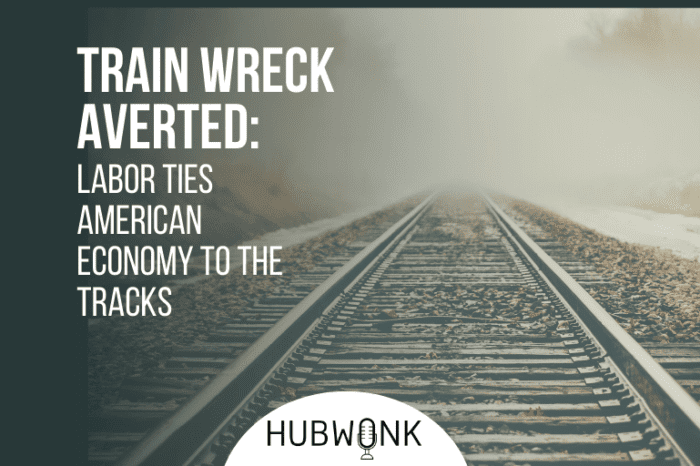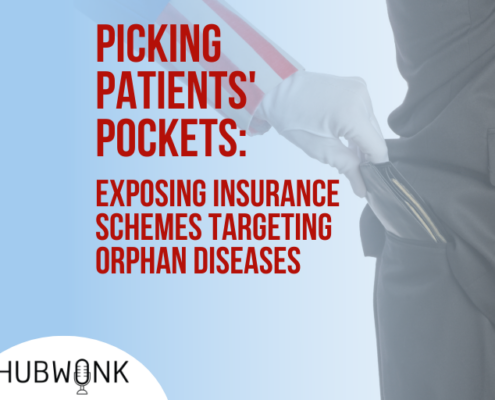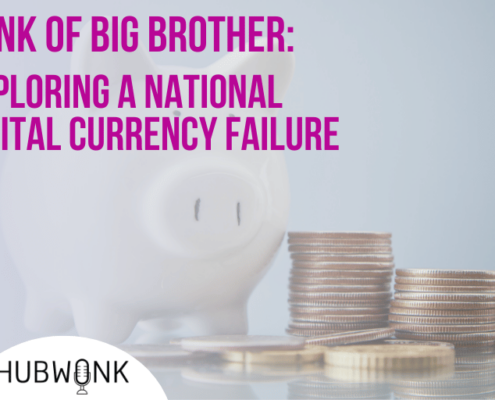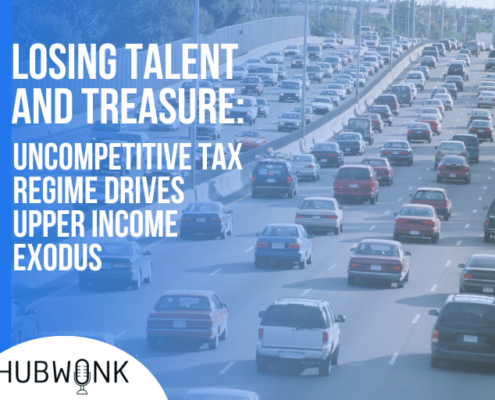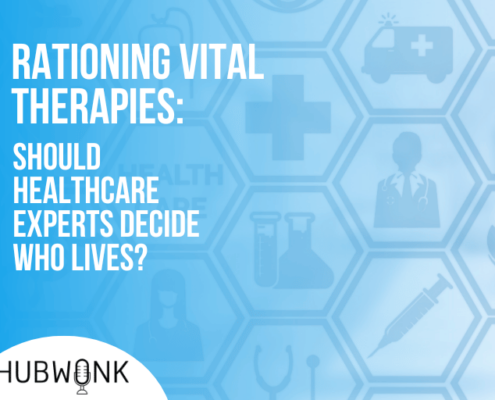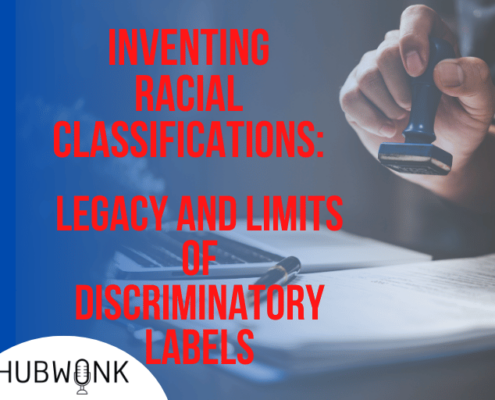Train Wreck Averted: Labor Ties American Economy to the Tracks
This week on Hubwonk, host Joe Selvaggi talks with Dominic Pino, Thomas L. Rhodes Fellow at the National Review Institute, about his research and writing on the recently averted rail strike, including how the rail industry is organized, what labor’s demands were, and how the prospect of a nationwide rail strike exposed vulnerabilities within the American economy.
Guest:
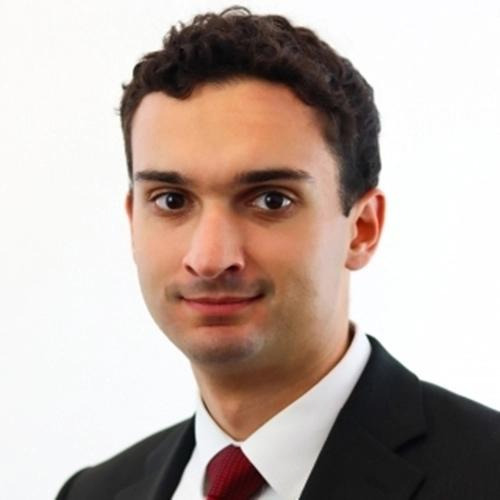 Dominic Pino is the Thomas L. Rhodes Journalism Fellow in Political Journalism at the National Review Institute. Previously he was an M.A. Fellow at the Mercatus Center at George Mason University.
Dominic Pino is the Thomas L. Rhodes Journalism Fellow in Political Journalism at the National Review Institute. Previously he was an M.A. Fellow at the Mercatus Center at George Mason University.
Get new episodes of Hubwonk in your inbox!
WATCH:
Recent Episodes

